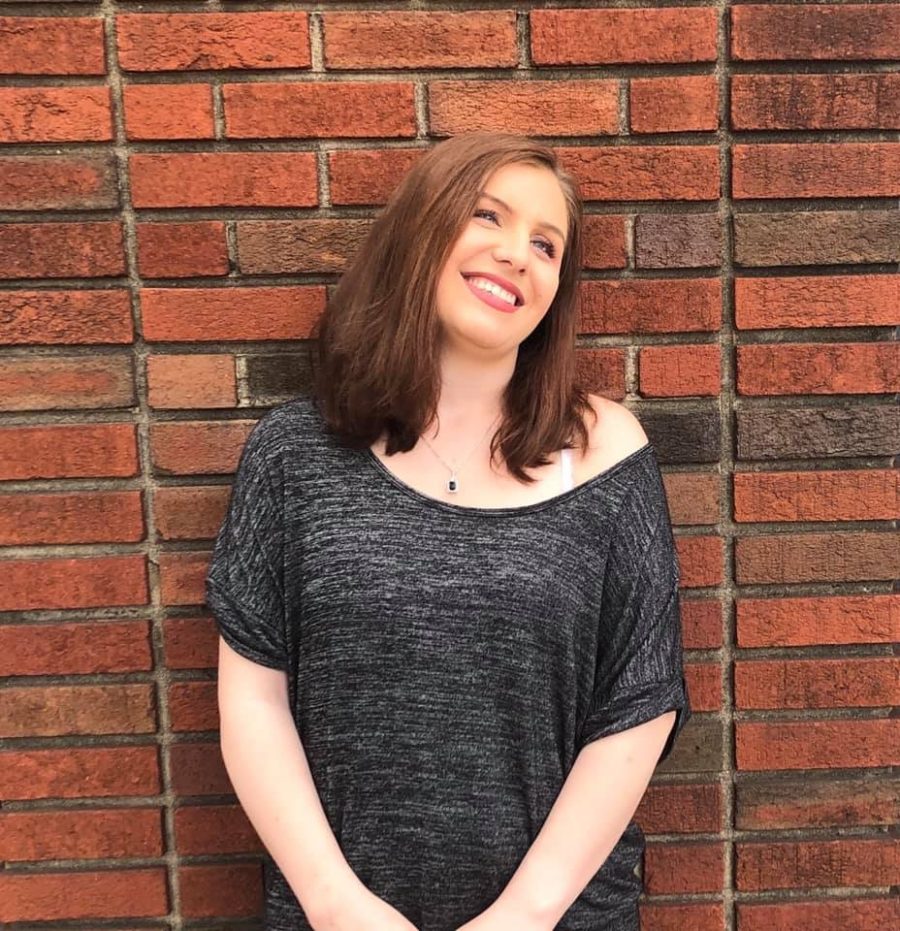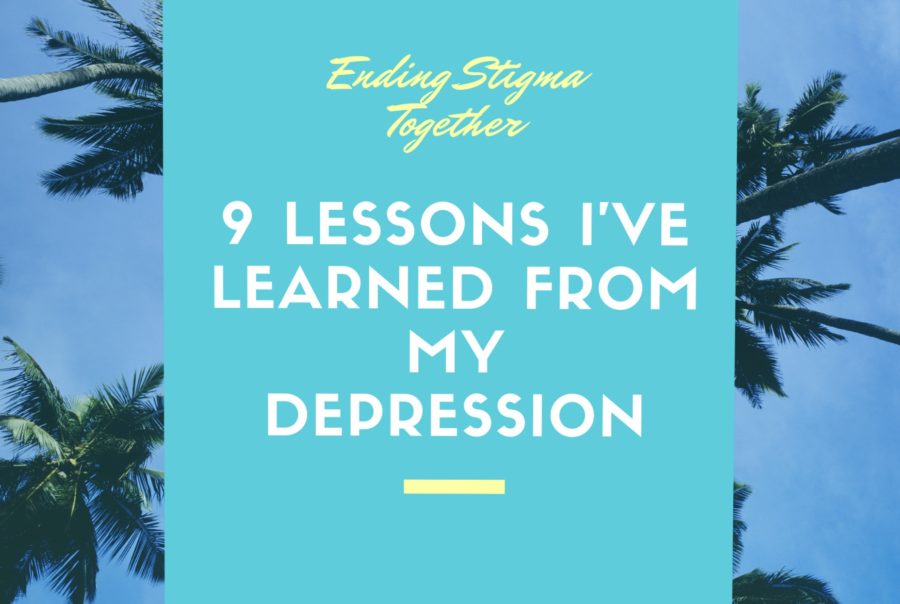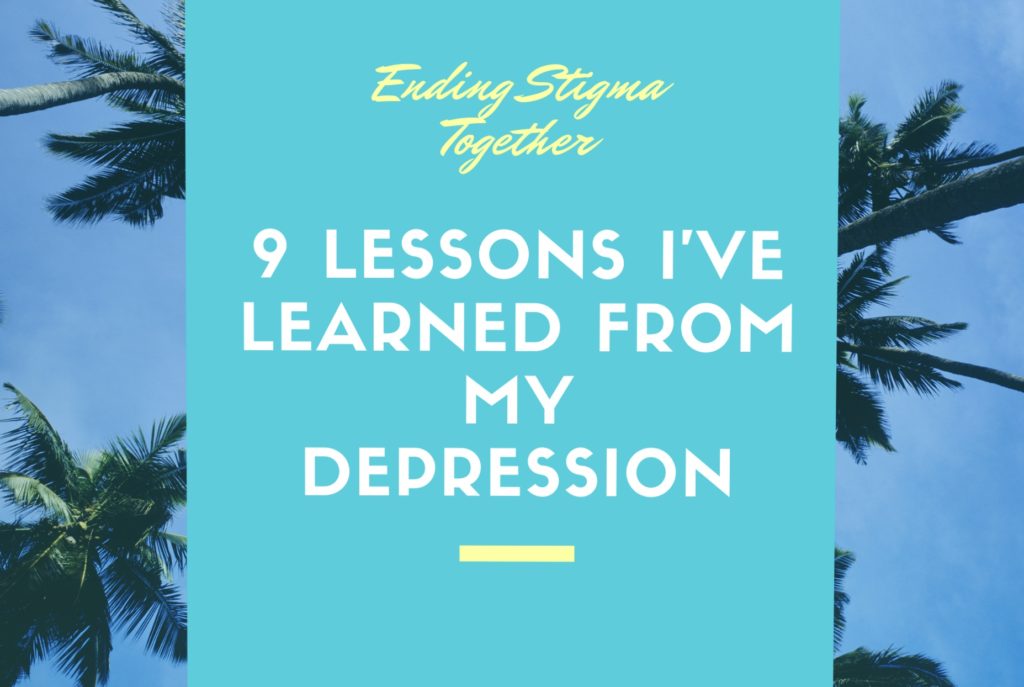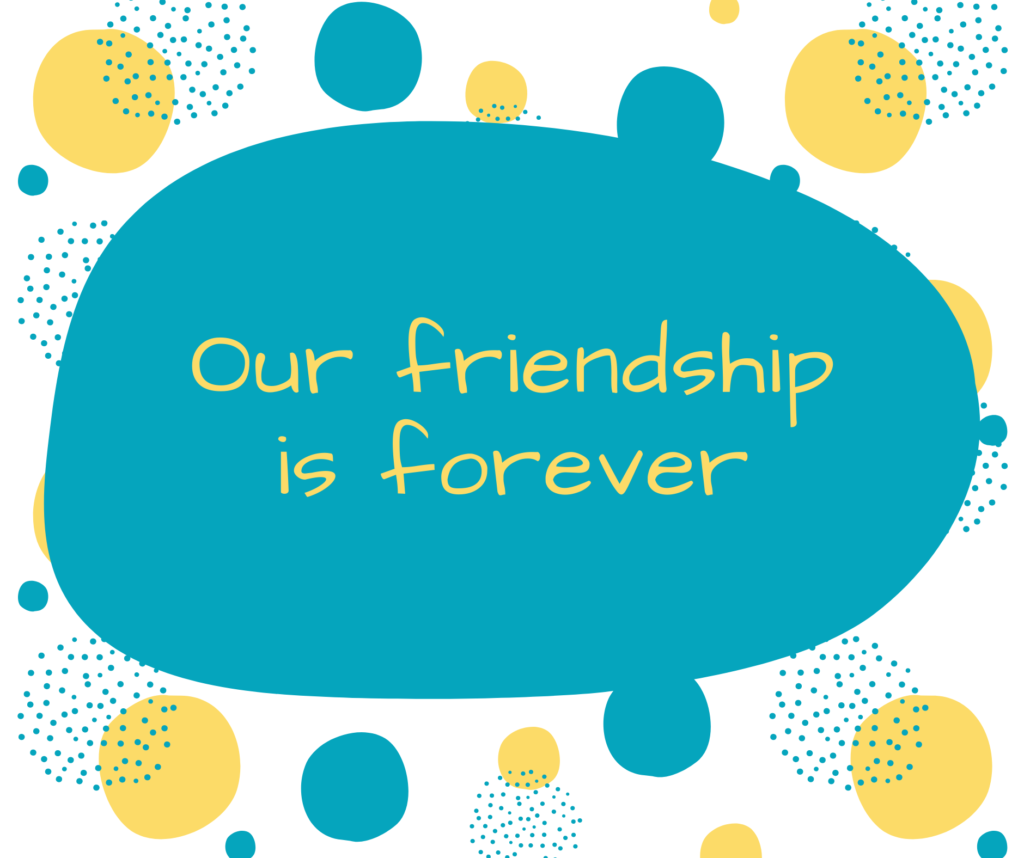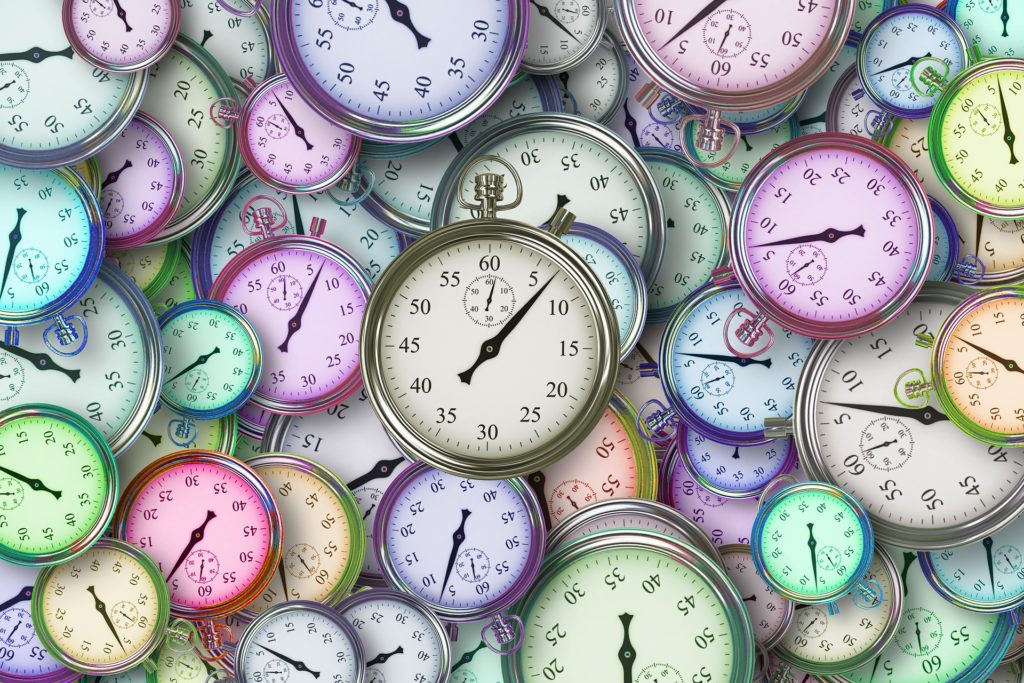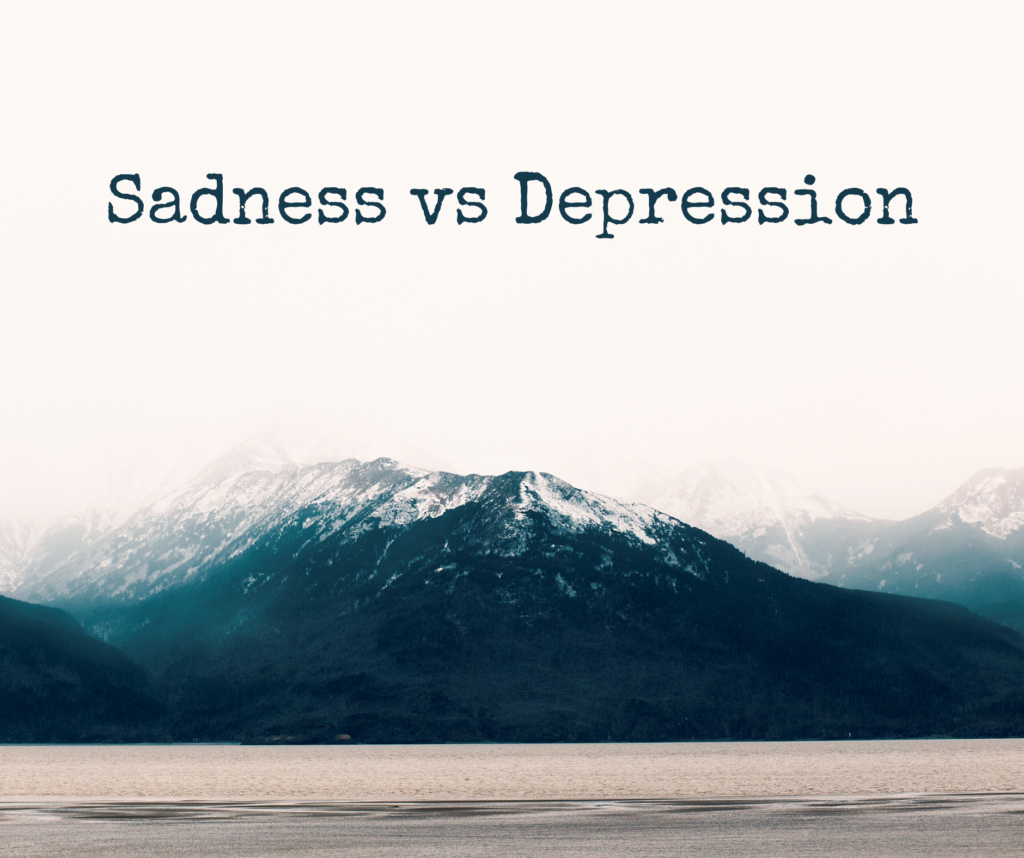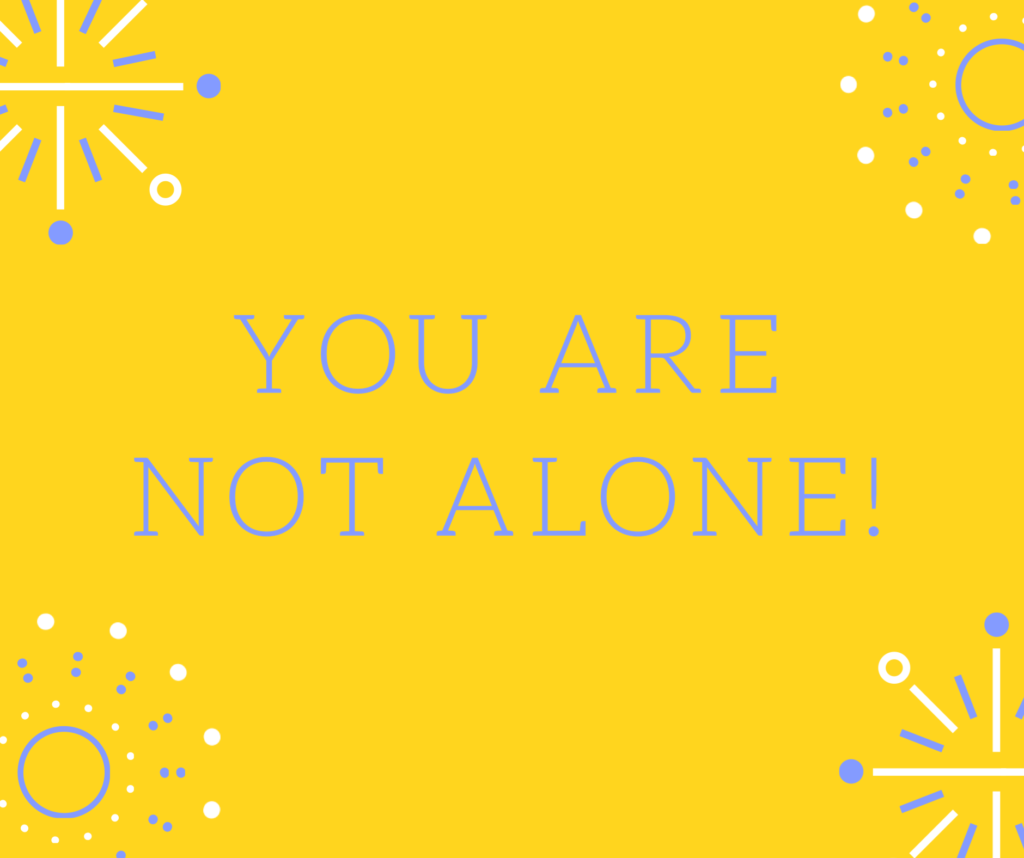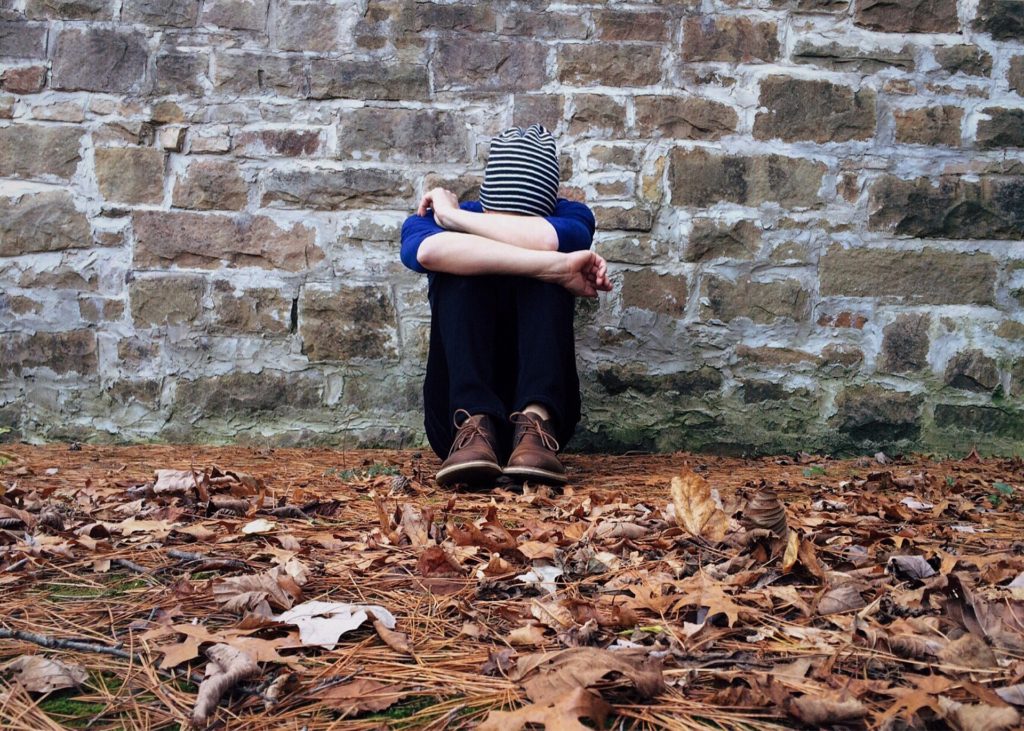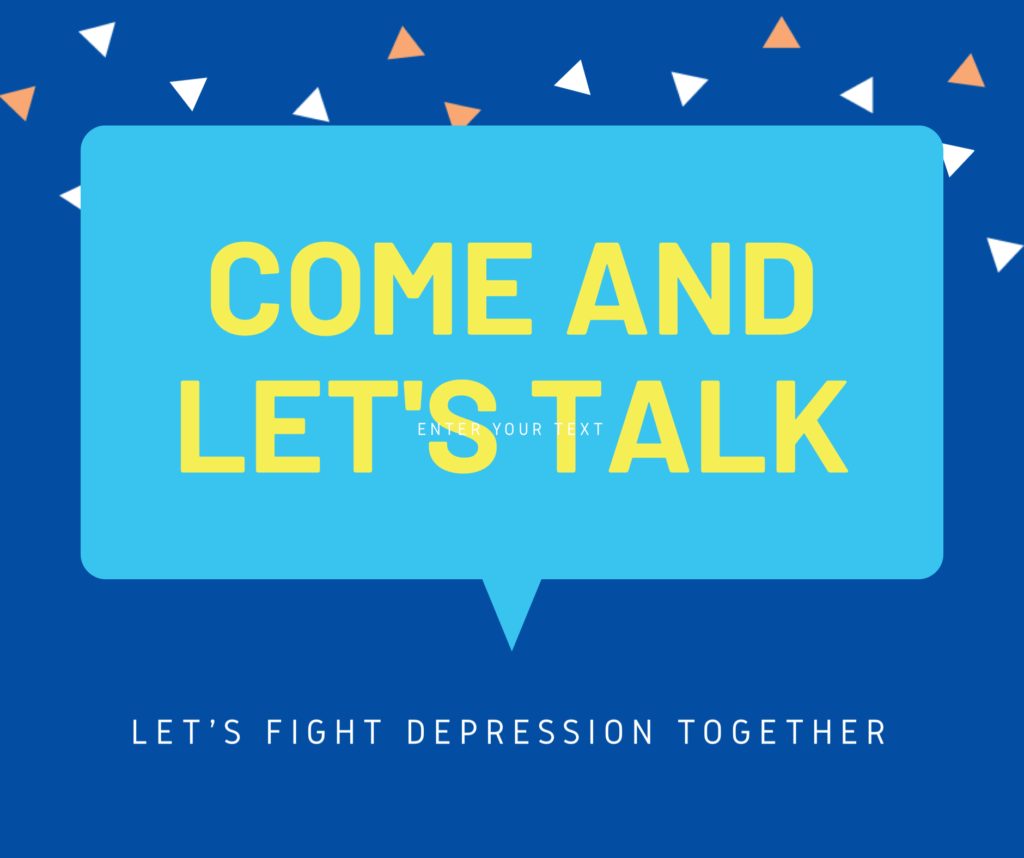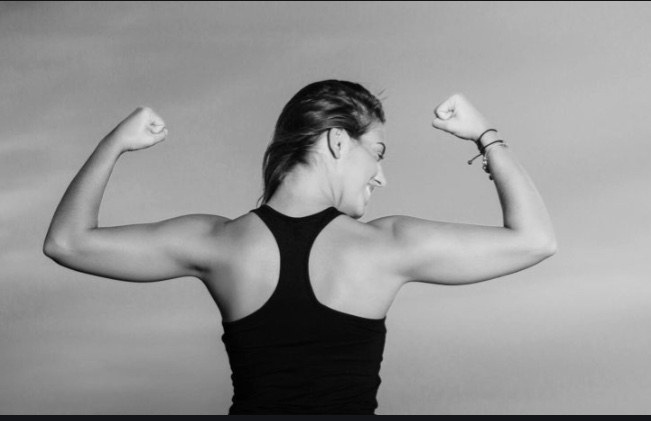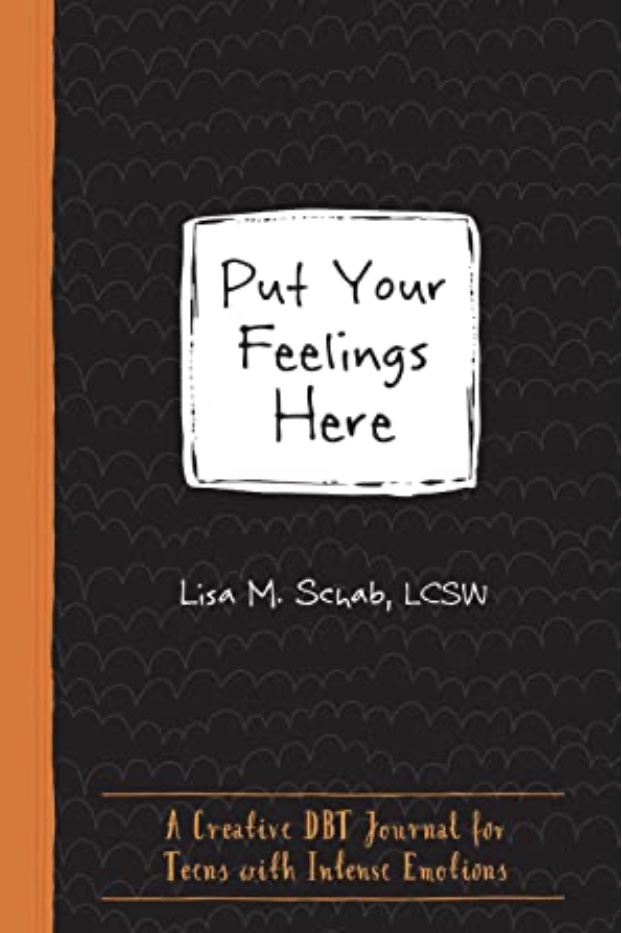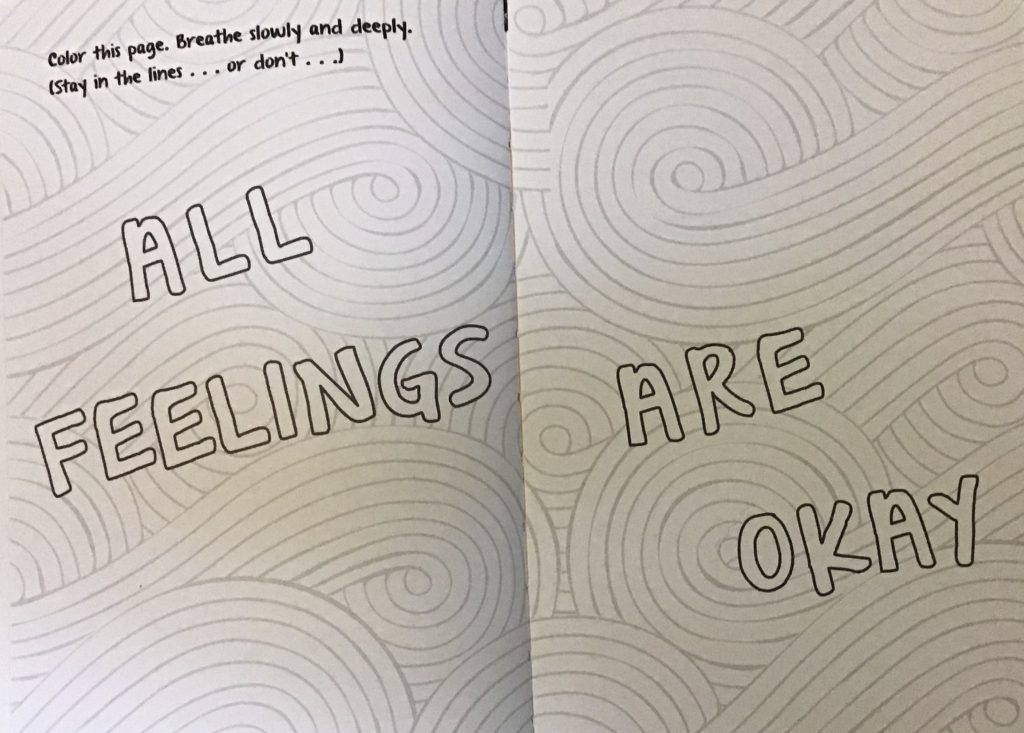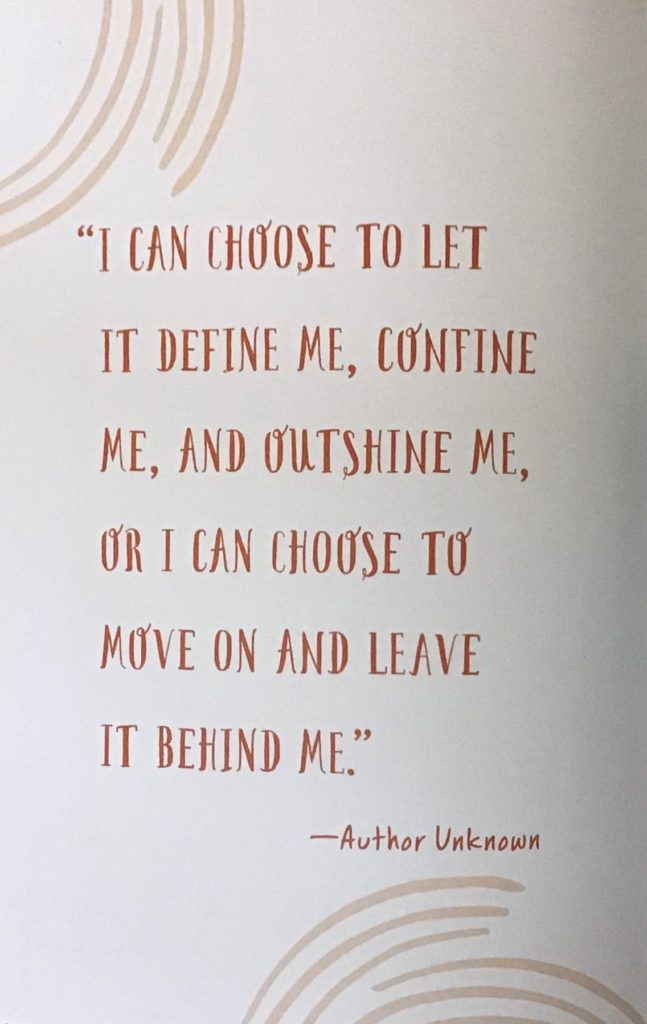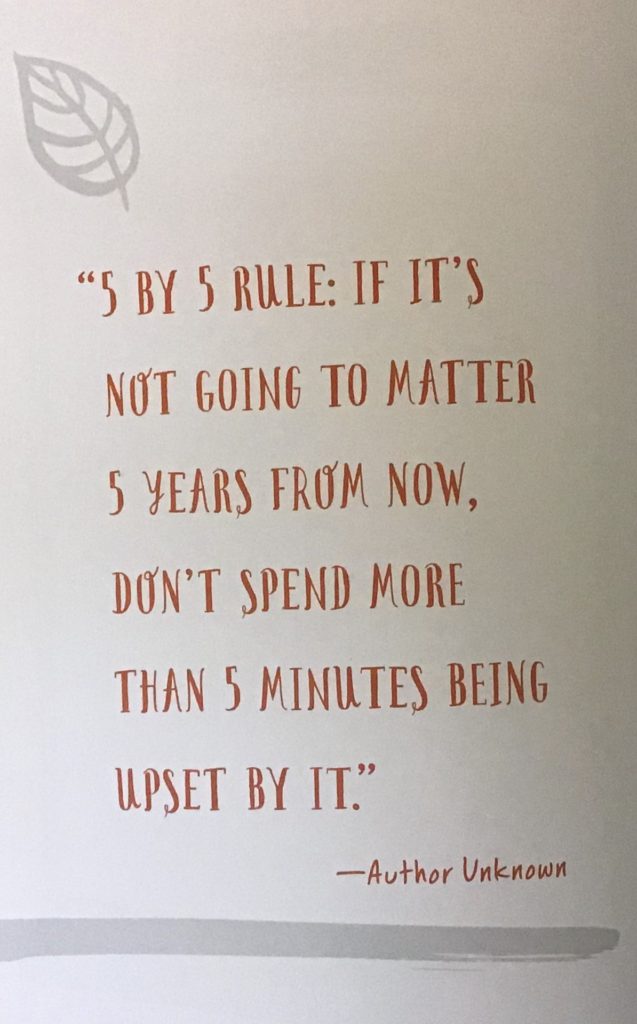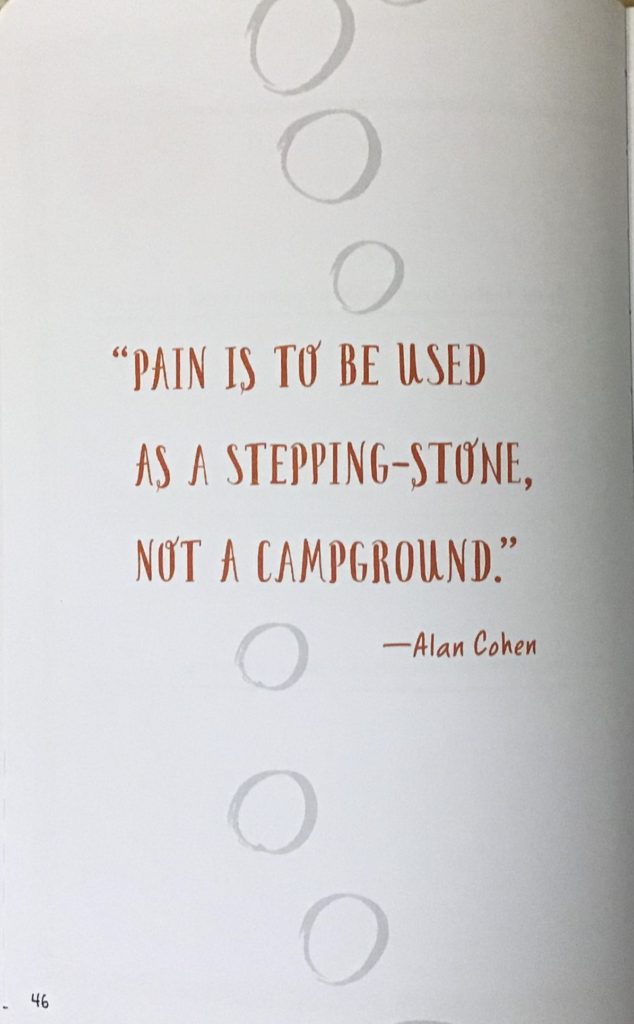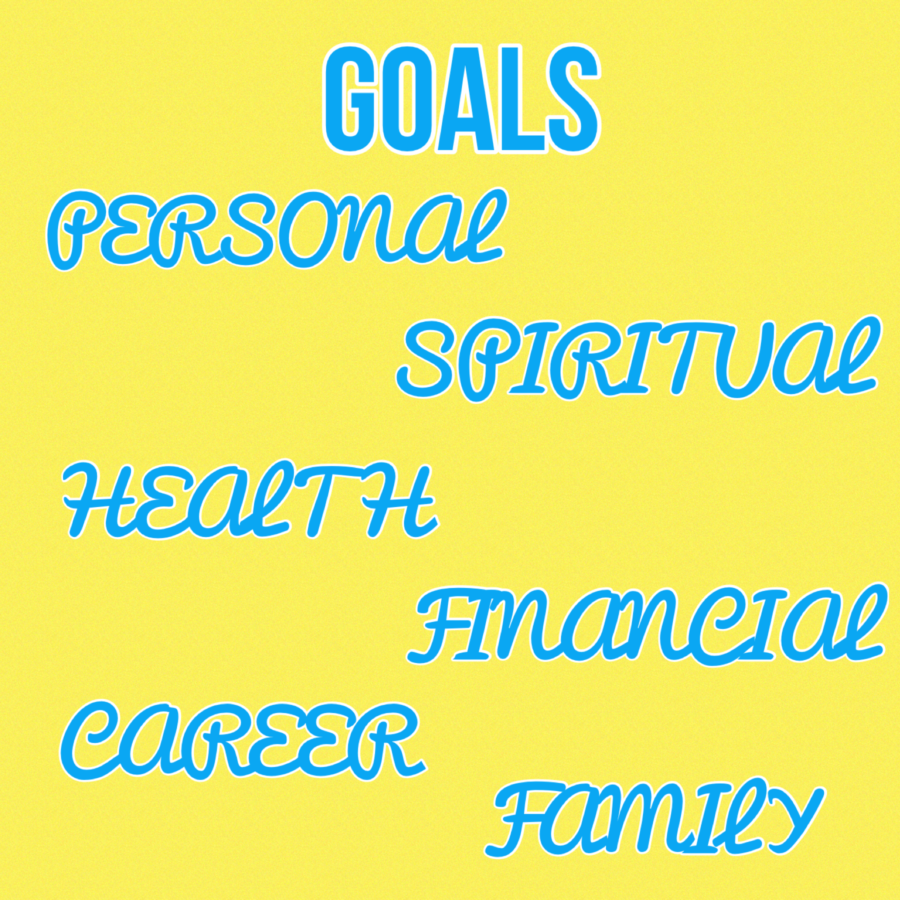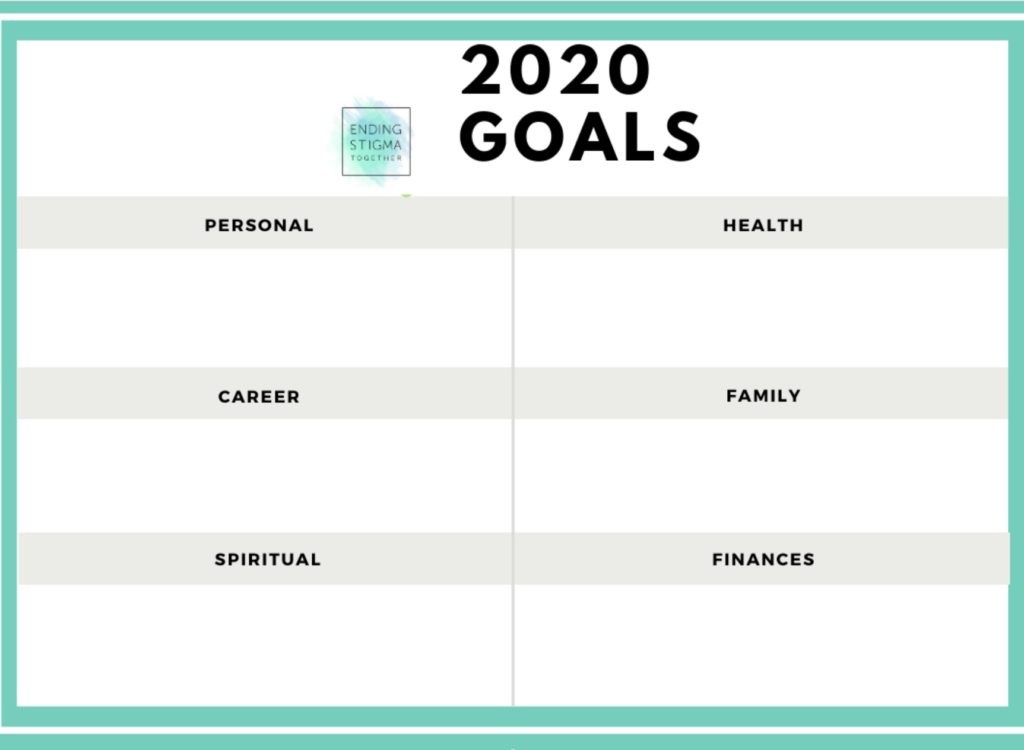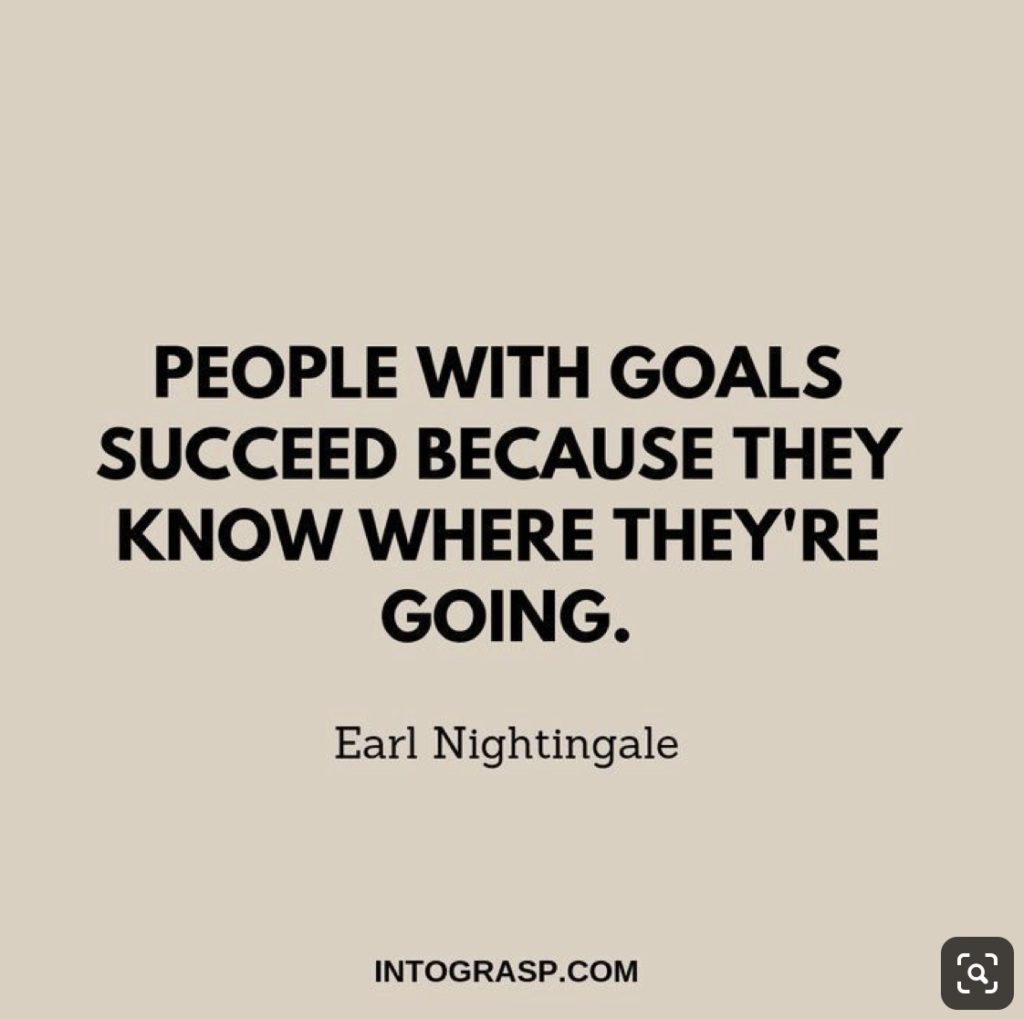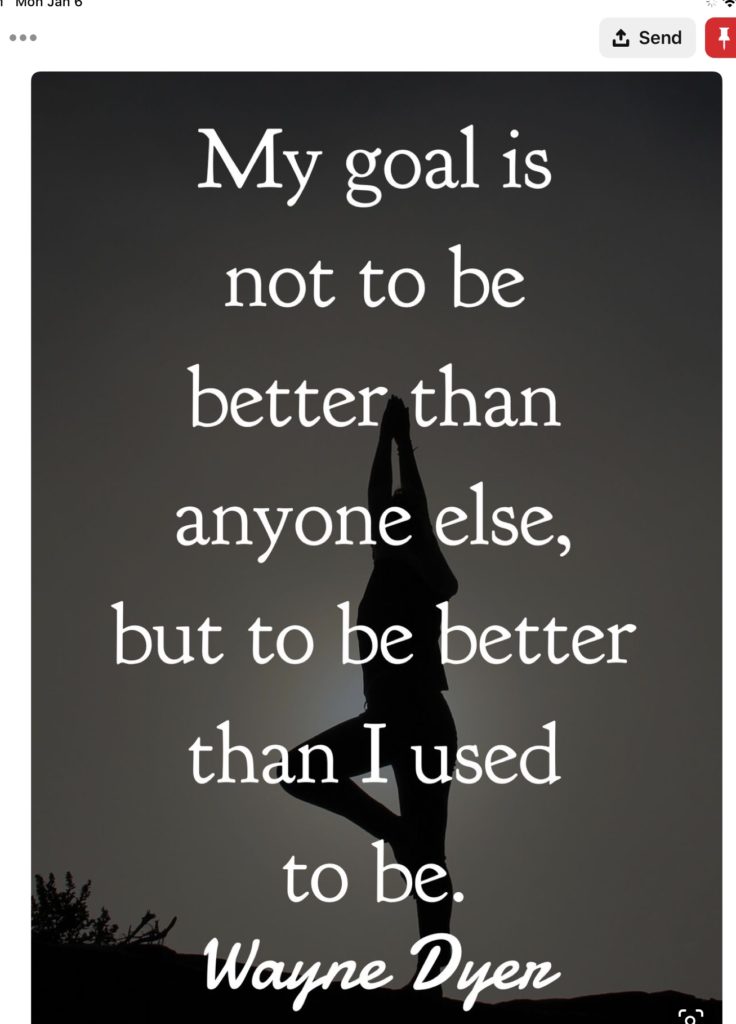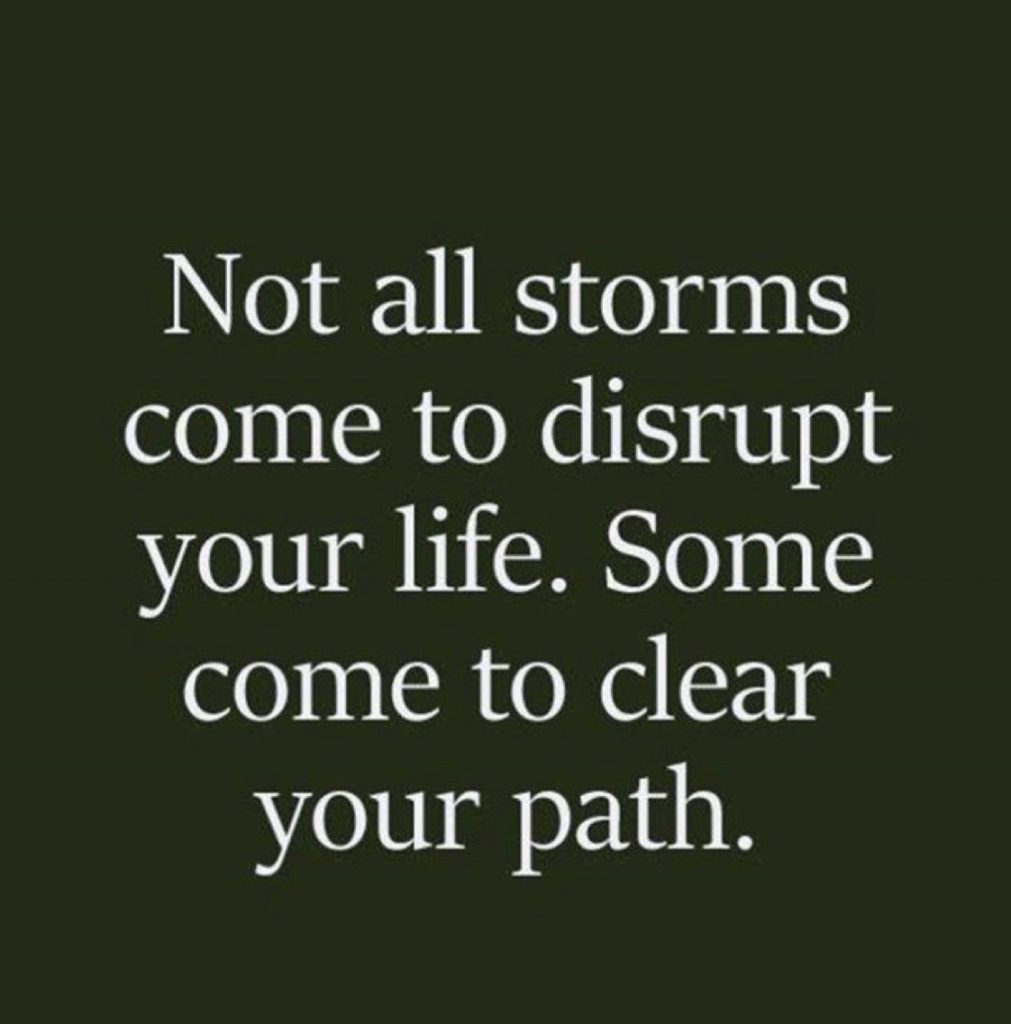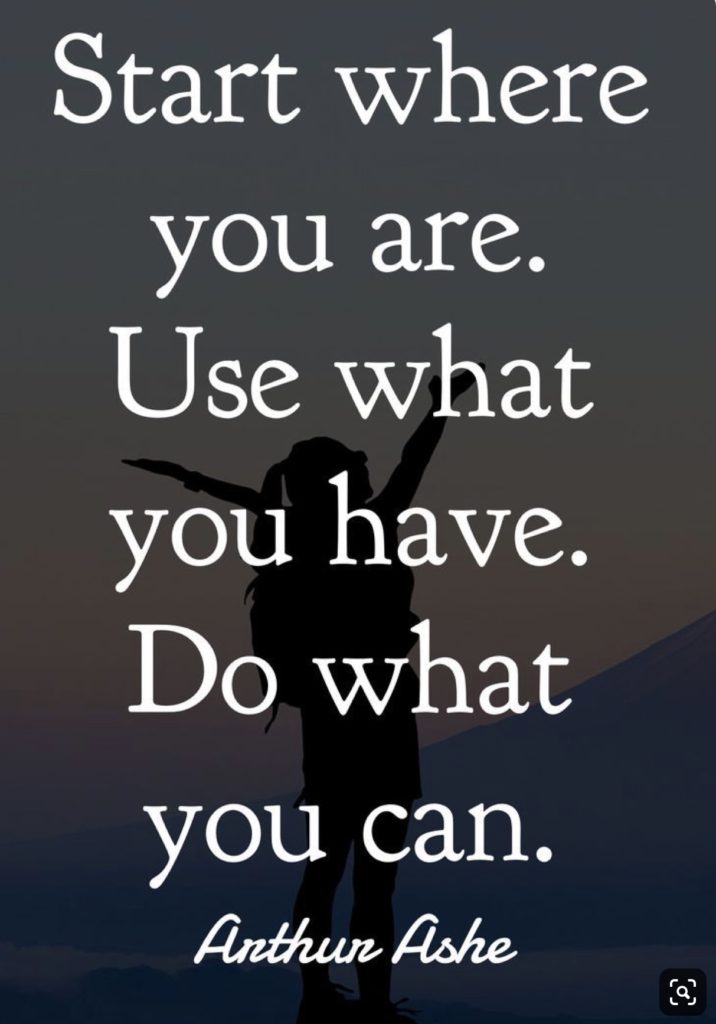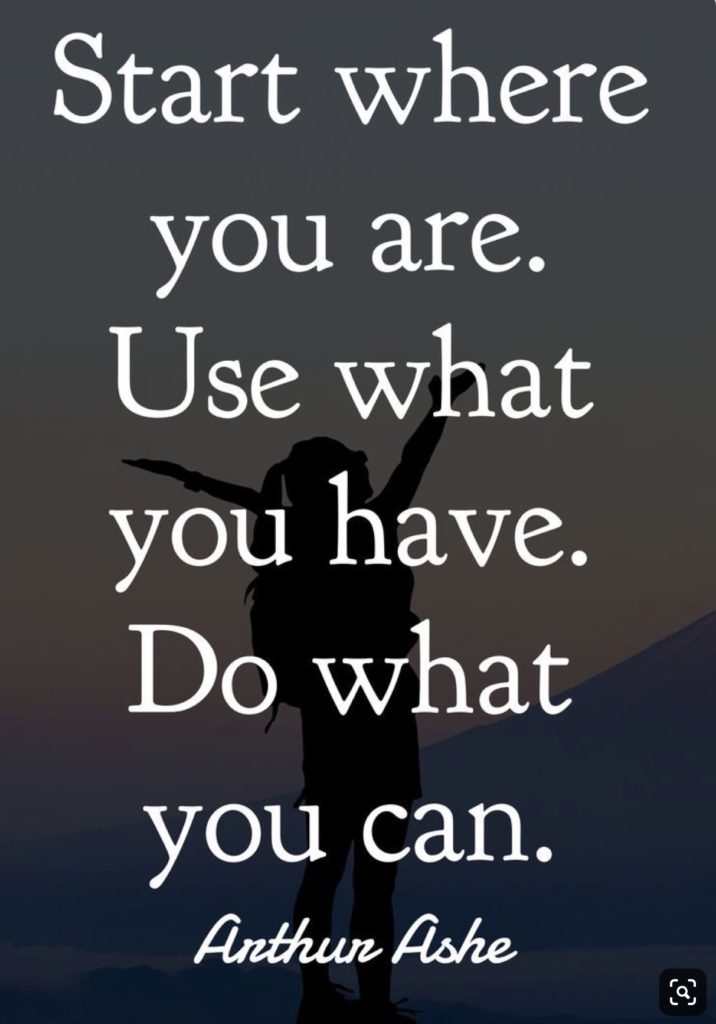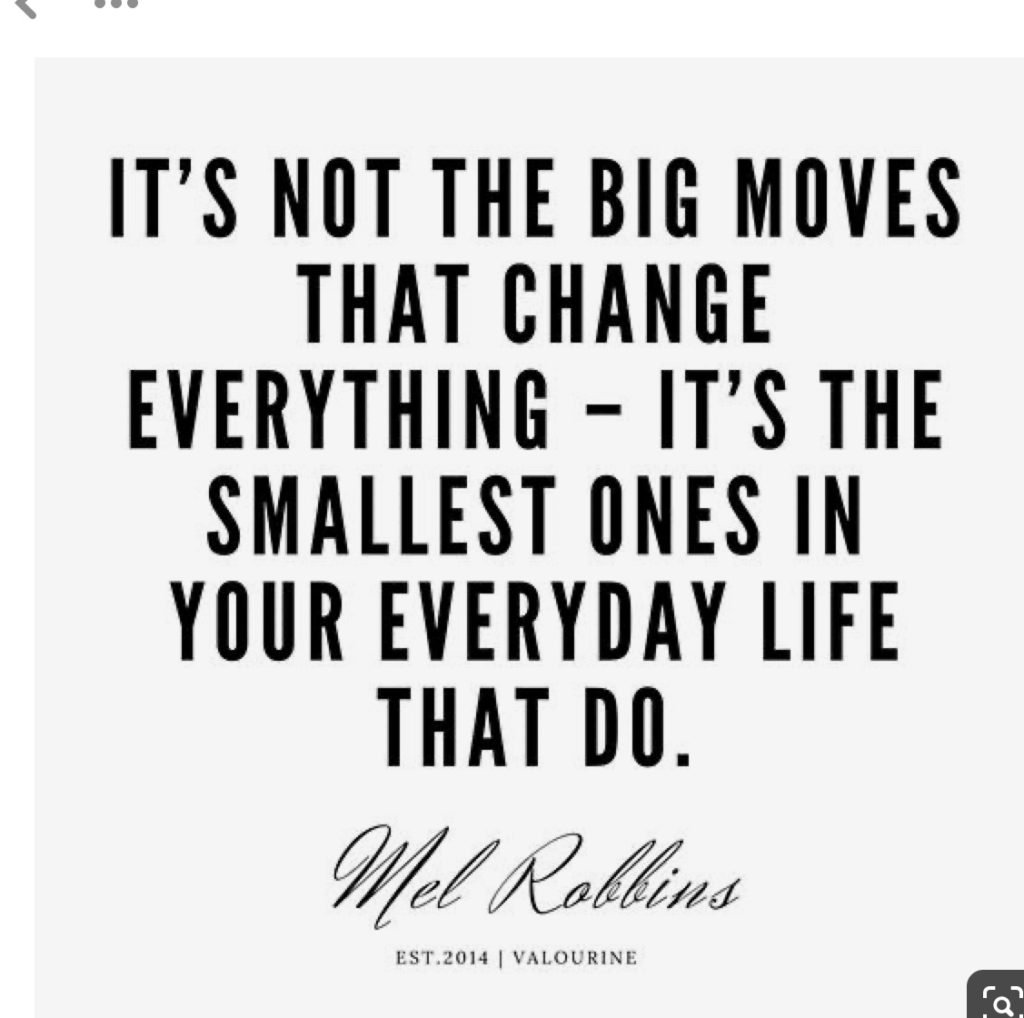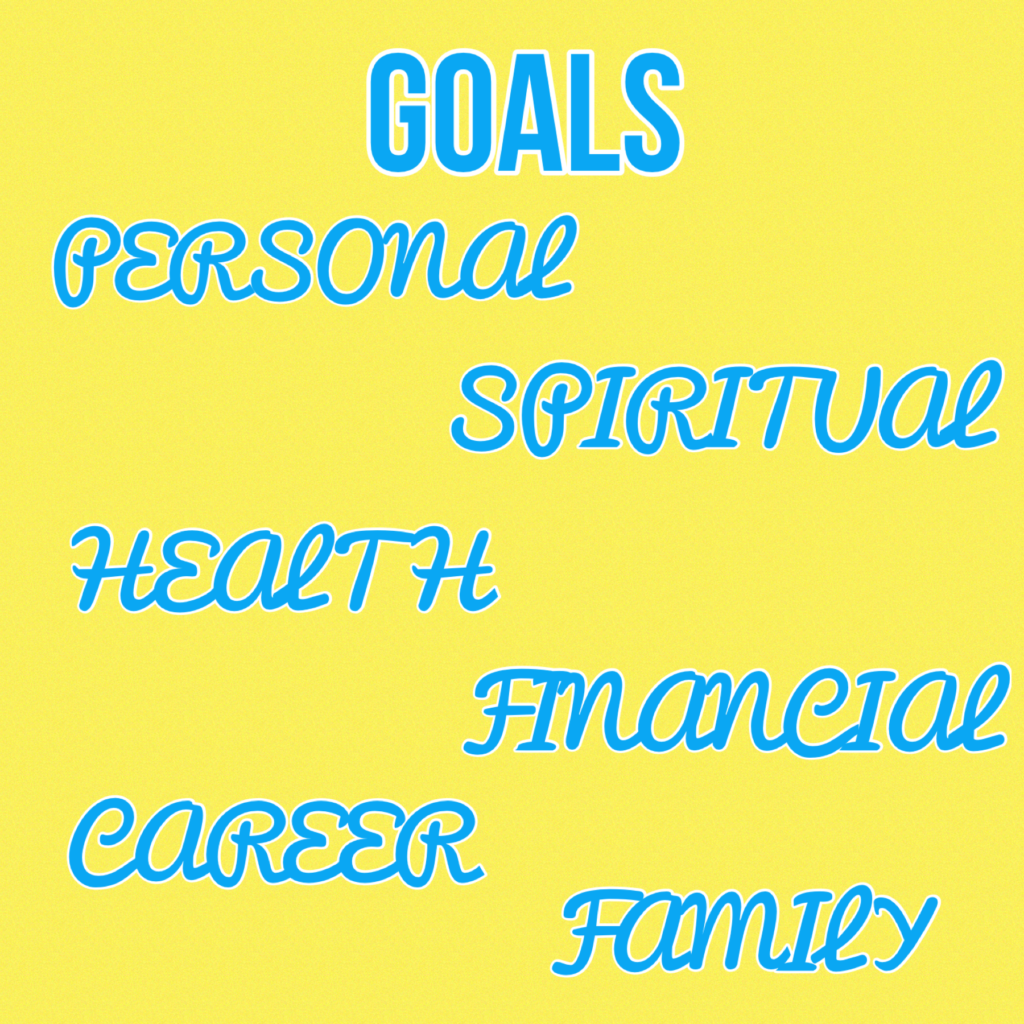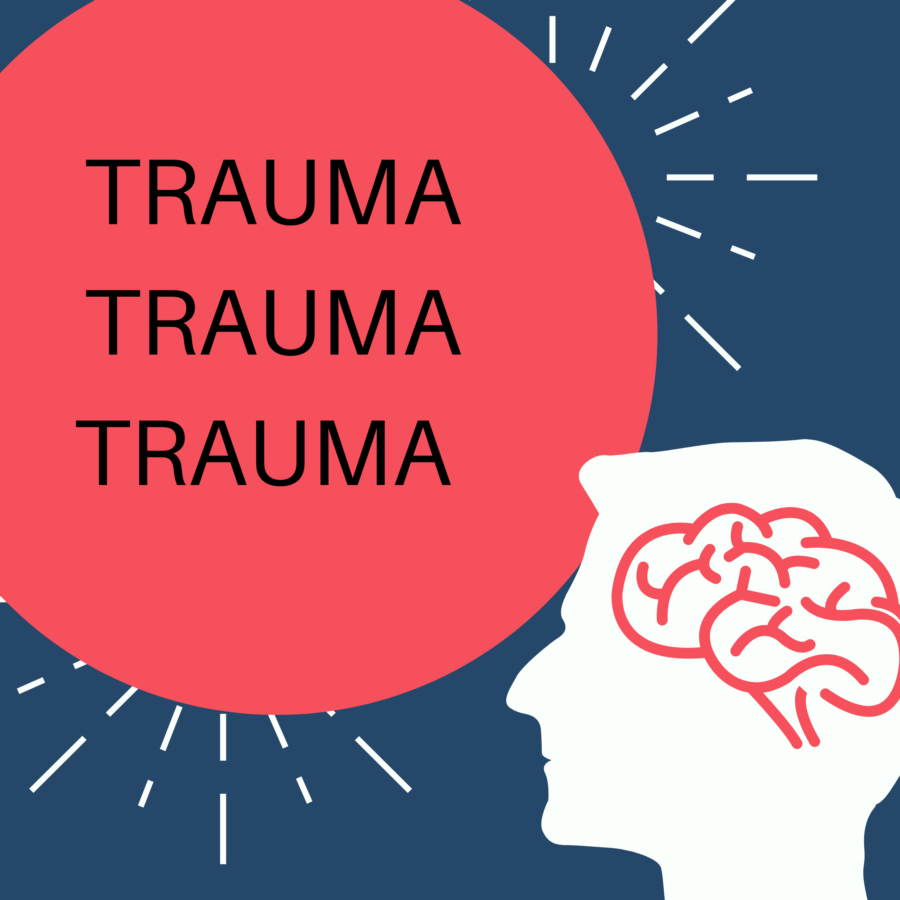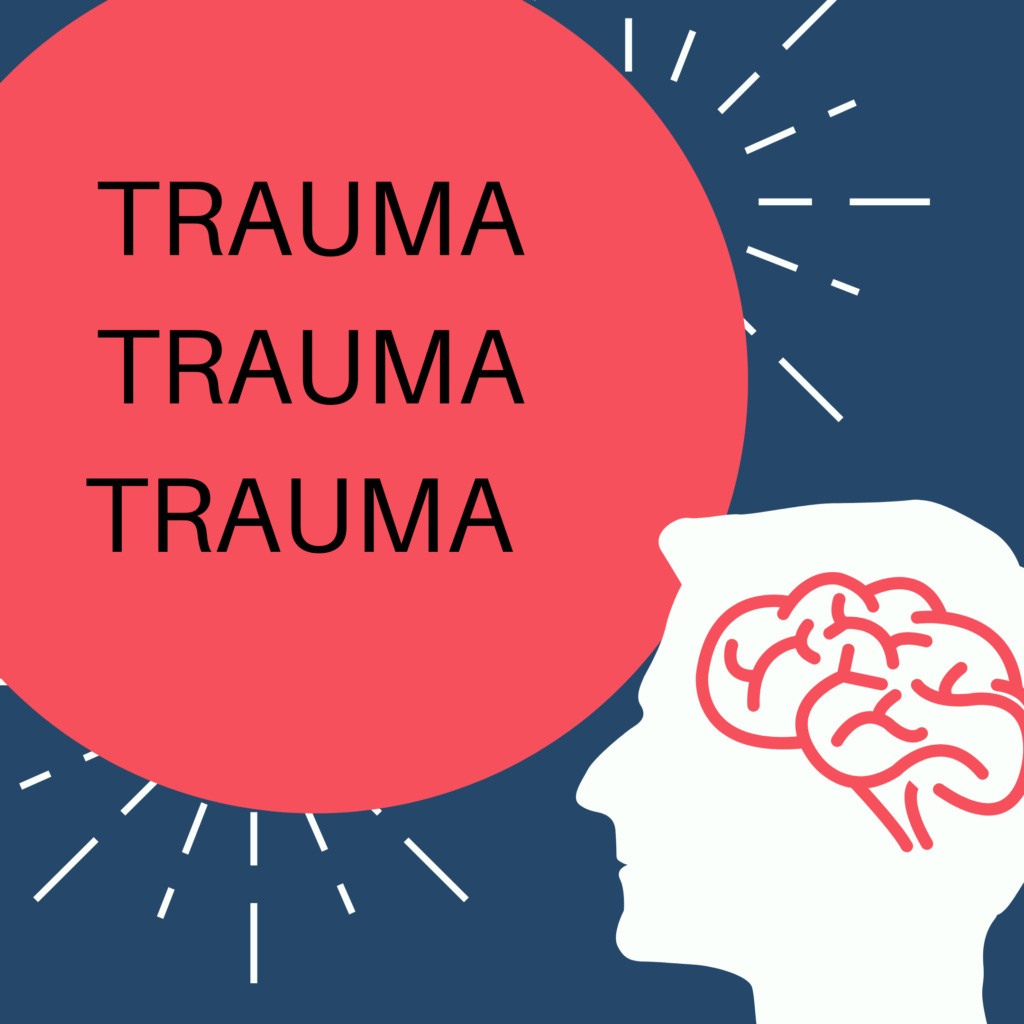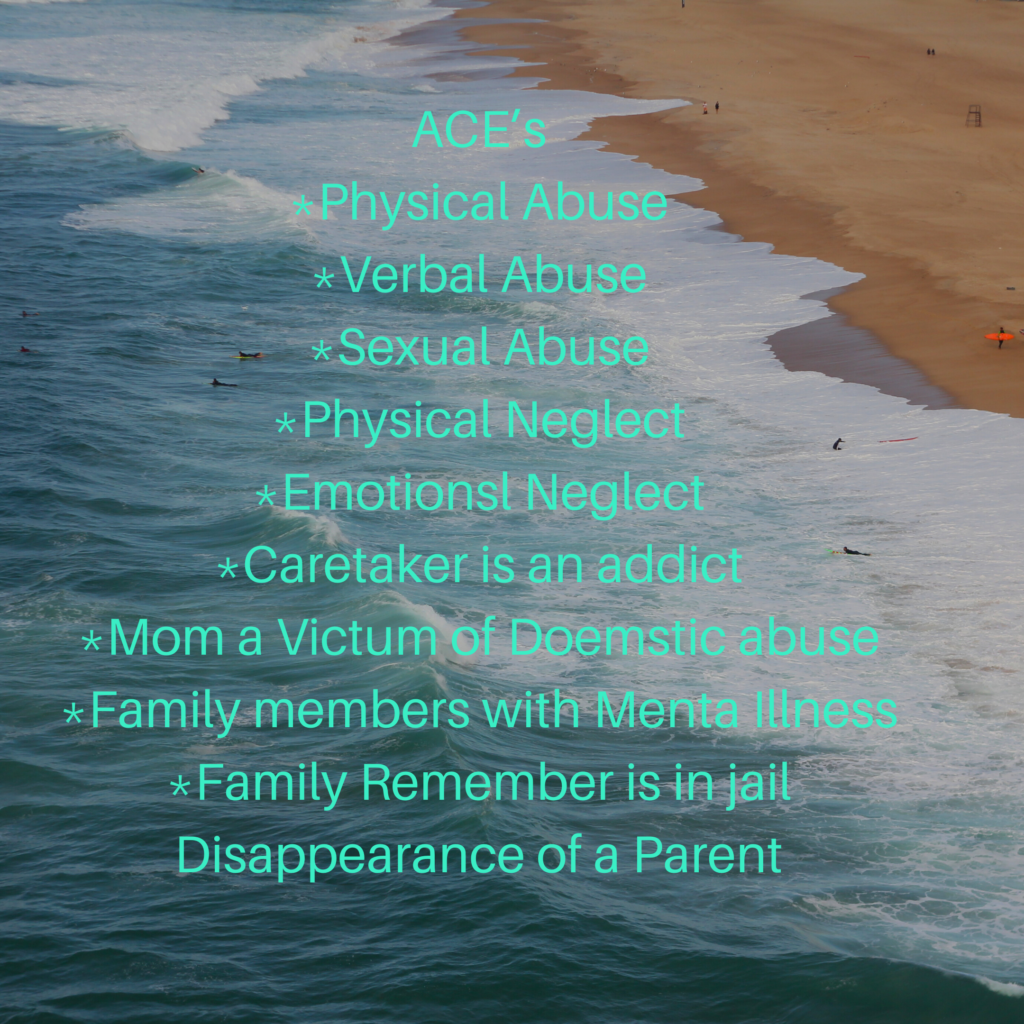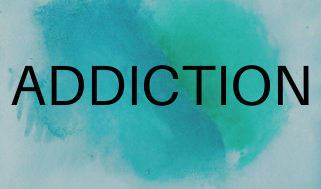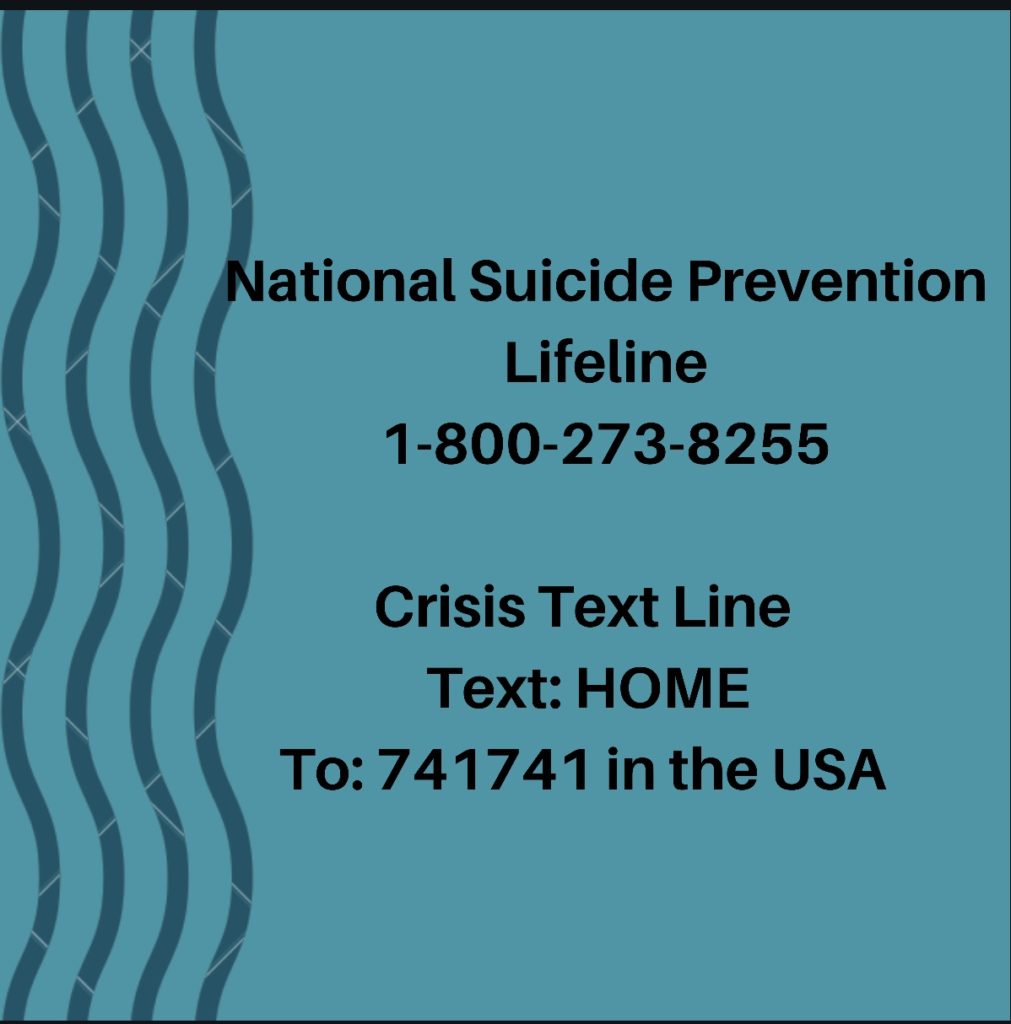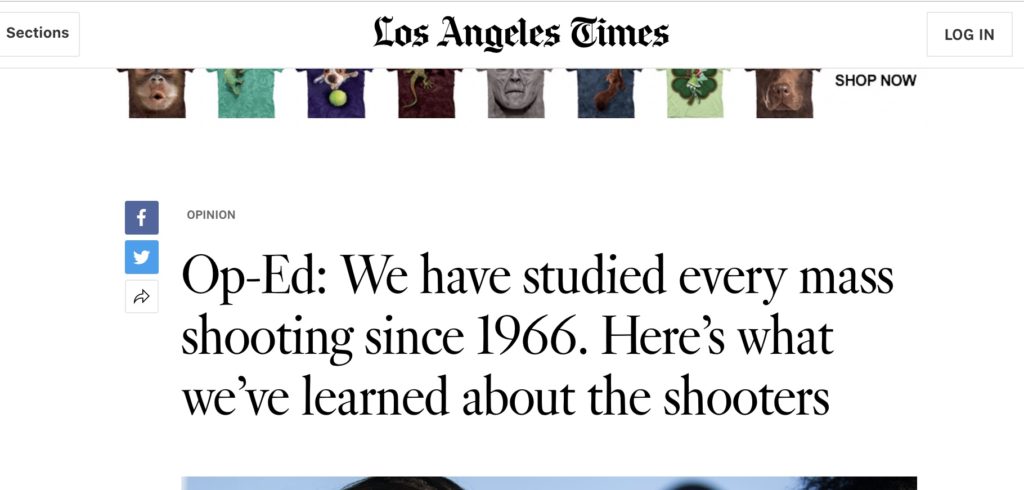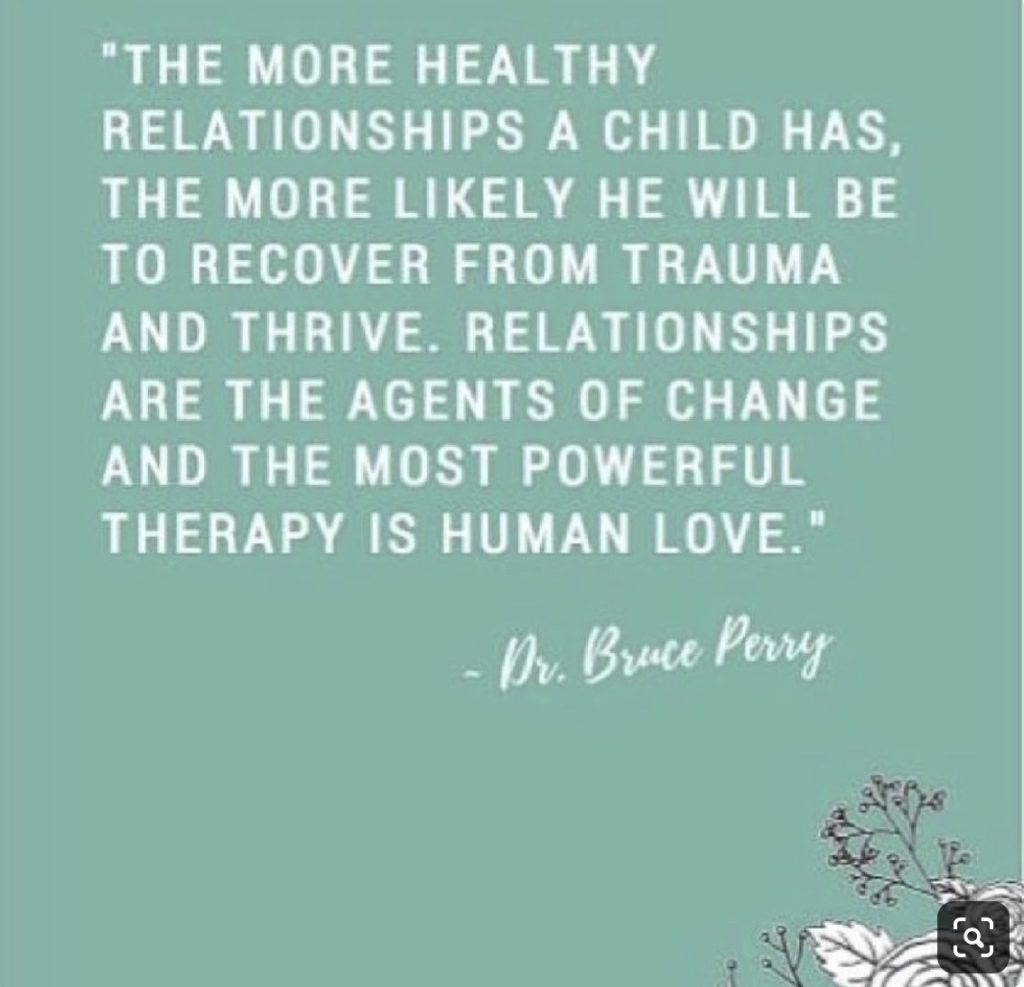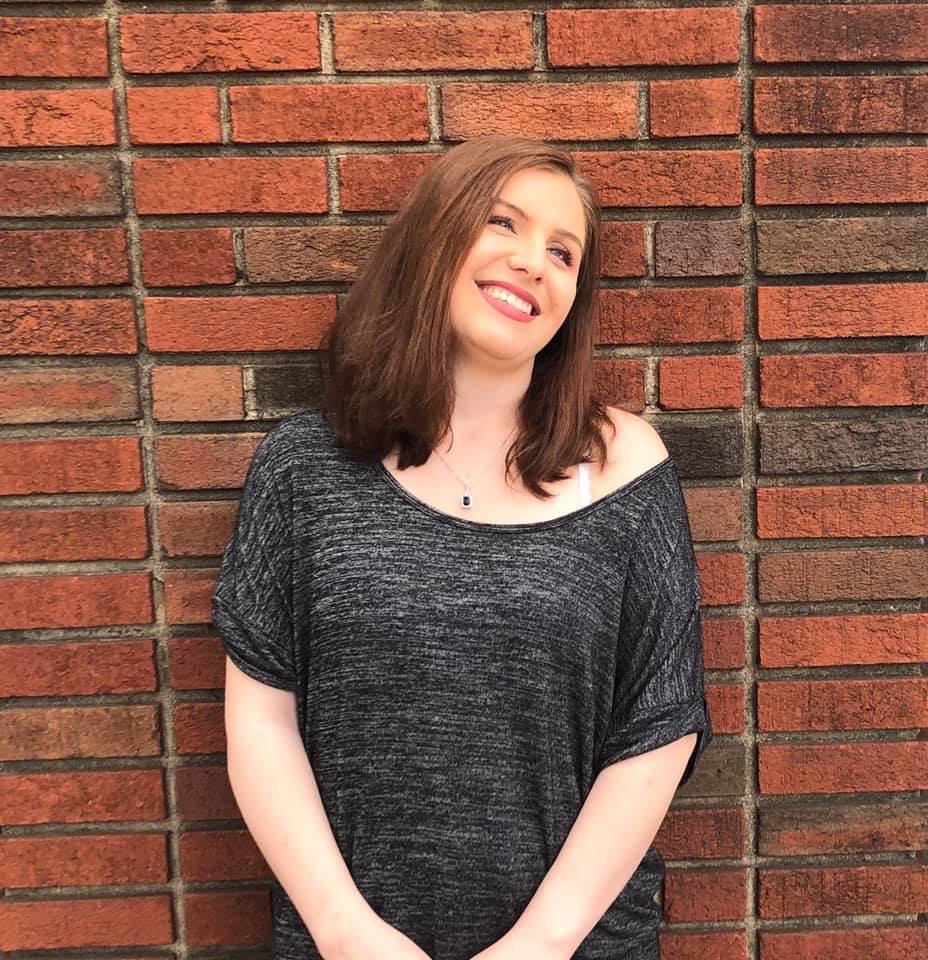
I am SO excited to have my friend, Rae Green, share some amazing insight on the stigma she faces with being blind. Rae is an incredible young woman who I have watched grow from a kid to a strong and confident woman who shares what being blind is like and how we can all help to end the stigma that follows many who have different disabilities and challenges. Please head over to her YouTube Channel and subscribe. She shares so many powerful insights weekly. She also has her own blog called, Blind Girl Blogs. Go follow her there too! She is truly an inspiration!! Below she shares some thoughts of the stigma she faces just because she doesn’t have her vision. I hope you enjoy it and share for others to read. Together we can end all stigma.
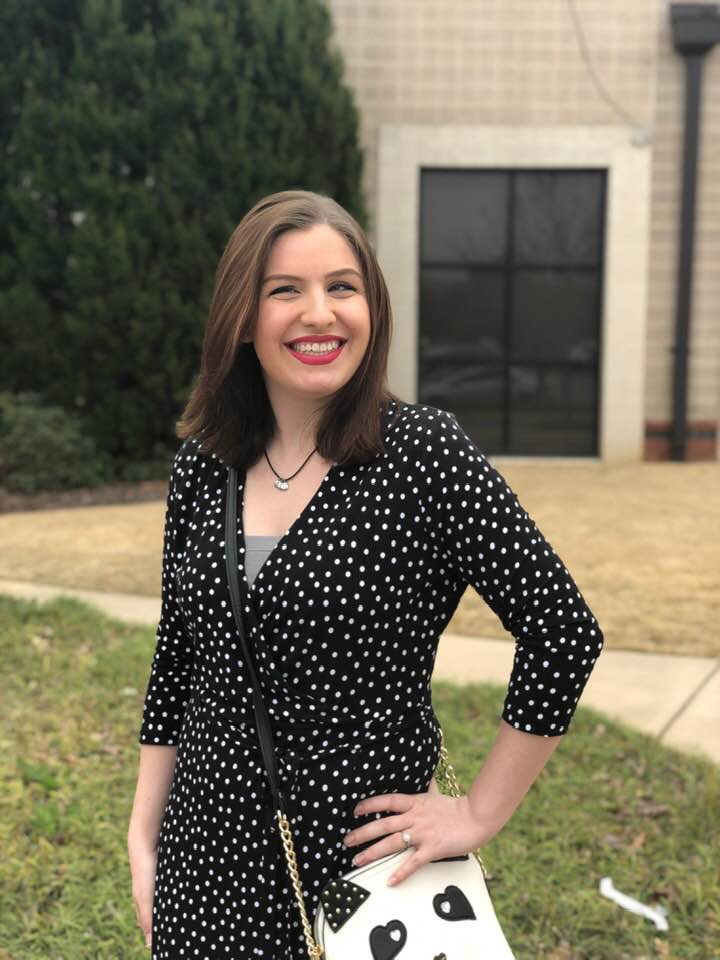
Hello!
My name is Rae, and I am a 19 year old college student. I am majoring in political science and Spanish, and I am also minoring in religion. I have been playing piano for the last 11 years. I also have a blog and a YouTube channel. Oh, and did I mention that I am blind? I know, it is shocking, but it’s true, I promise.
When people find out that I am blind, they wonder how I manage to do all of the things I just listed above. Not because any of it is especially impressive, but when the word “blind’ is added to everything, people immediately assume that I am not able to do a lot of things. Today, I want to talk about what those assumptions mean, and how there is an automatic stigma that follows disabled people around, no matter what they are doing.
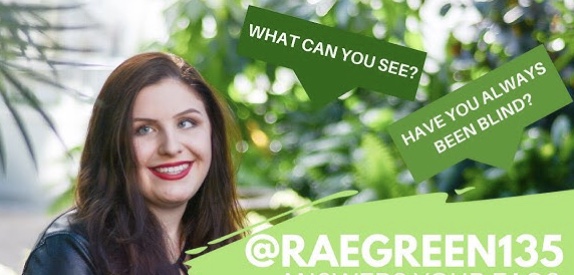
In order to understand what I mean by assumptions regarding blindness, I want to share some things I have had people say to me. When I am a restaurant, I have had countless waiters see my cane and look at whomever I am with, and say “and what does she want?” They say this instead of asking me directly. I have had a woman ask one of my best friends is she was “my keeper” because of my blindness, and then she congratulated me in making a friend, and finally, she told my friend how good of a person she is because she is my friend. Yep, that one was particularly awkward. There is a constant thought that people seem to attribute with blindness, and that is that blind people cannot do whatever sighted people can. Look, in ways, that is true. I will be the first to say we probably should not drive a car on a busy highway, but it does not apply in any other circumstances.
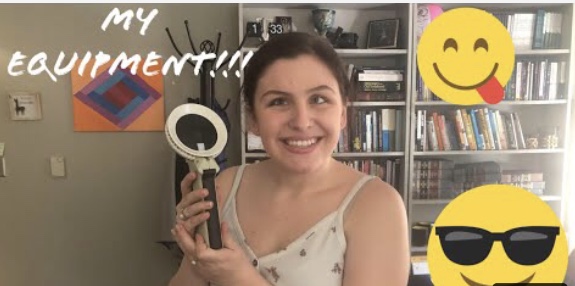
The ideas that people carry with them about disability are, in all honesty, not their fault. Mediums such as television and movies help perpetuate harmful stereotypes regarding the blind community. What do I mean you may ask? Most blind characters in TV or movies have very similar appearances, the dark sunglasses, the white cane, and, in most cases, and overall air of helplessness. This isn’t to say that blind people don’t wear dark sunglasses, or don’t use white canes (I do, but mine is pink and far cuter), but it does cause people to think that if a blind person doesn’t have all of these things, they are not really blind. Trust me, I have been told multiple times that I am not really blind because I am not wearing dark sunglasses. But, like I said before, I do not blame people for doing this. If you have never been exposed to anything other than the same idea your entire life, there would be no reason to think differently. However, I want to open the door to that exact way of thinking.
When people say those things to me, regarding my blindness (or in some peoples’ opinions, the lack thereof) I use it as a tool. I want people to feel comfortable asking me questions and having those conversations with me, so when someone tells me that I am not really blind because (insert reason here), I take that as an opportunity to have a discussion about how blind people can be just like sighted people. We do not need to fit into a box that everyone seems to want to put us in.
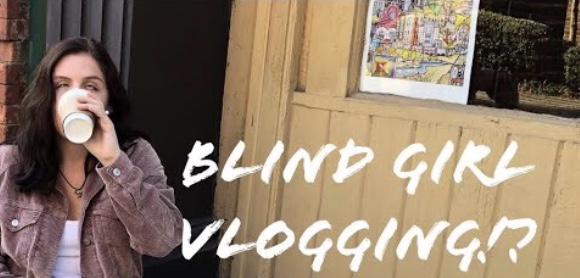
Honestly, although it can be frustrating and uncomfortable when people tell me those things, there is a part of me that loves it. Why? Because I know it means that I am challenging them. If someone is telling me that I am not blind because of something I do or don’t do, that means I am going against their preconceived notion of what blindness truly means, and they now have the opportunity to learn. Ironically, I can be the one to open their eyes and help them find a new way of looking at things. When people learn that blindness is so much more than what they had previously thought, it is absolutely amazing. By the way, this is also why I tell people to ask me questions. I am one of the hardest people to offend, and I can guarantee you I have heard almost every question in the book, so it won’t be uncomfortable for me in the slightest.
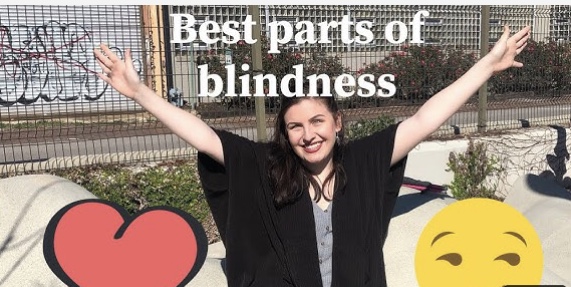
I will frequently tell people that I love my blindness, and a lot of them tend to be shocked by that idea. A lot of people do not understand how I can love something that brings so many challenges along with it. And that is totally fine, it can be a hard concept to think about if you’ve never thought about it that way. However, one of my favorite things about blindness is that I get to make people think. I get to challenge their idea of what a disability is. I get to answer all of their questions, which is something I genuinely do not mind doing. I get to help them see the one thing I see perfectly: that disabled people are just people with different abilities, and it’s just a matter of understanding what those abilities are.

